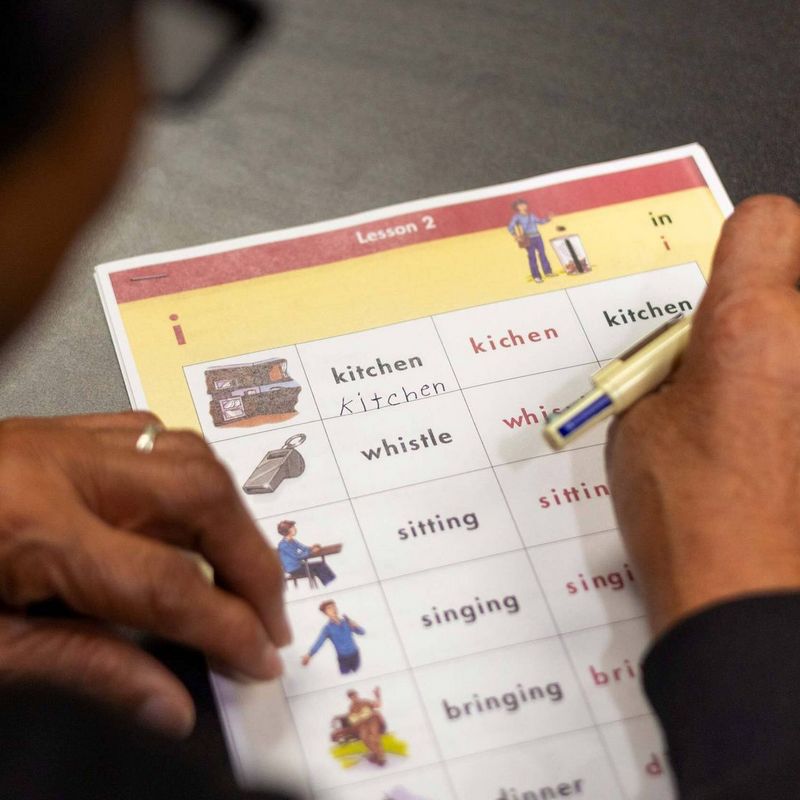In December 2022, ProPublica published an article about the ongoing literacy crisis in the United States. This blog post is one of a series of reflections on that article.

Folks with low literacy usually don’t need someone to point that out to them. They’re usually crucially aware of their lack of skills – and what that lack is stopping them from achieving.
But the devil’s always in the details. Someone might know they need to take a class – but how much will that class cost? How far away is it, and how much will they pay in gas or bus fares to get to and from the class?
Most crucially of all – how does a low-income person fit classes into their week?
How would you manage that Catch-22? You can’t afford not to work – but all you can get is a minimum-wage position with an inflexible schedule. Maybe you need a second job in order to make rent. Maybe it’s an exhausting job where you’re on your feet all day. And family and home responsibilities like making sure kids do homework, caring for babies or elderly relatives, cooking, cleaning, and laundry don’t take a break.
How do we solve the tension between learning, and earning?
The article highlighted Skills for Life, a Detroit program that provides paid time to learn alongside a city job. It was the turning point for Steve Binion, whose story is outlined in the article. And once someone’s broken the dead-end link of low literacy and low pay, their prospects improve dramatically – along with those of their family and the community.
What can we learn – and emulate – from these programs that work?
This blog post is a reflection on the ProPublica article, “A Fifth of American Adults Struggle to Read. Why Are We Failing to Teach Them?” Find the previous installment here.
Get Texas literacy updates
Join our mailing list so you don’t miss any news:
- Local and national literacy news
- Conference updates
- Regional symposia
- Best of Texas
- Advocacy
- …more!




